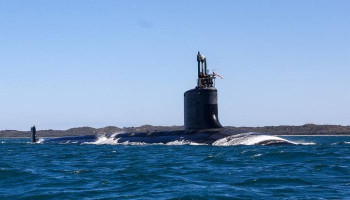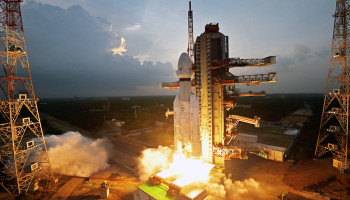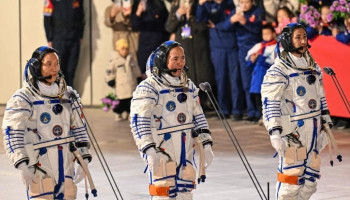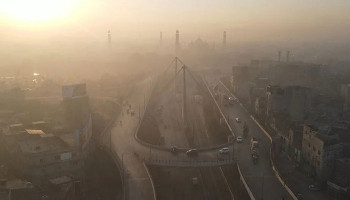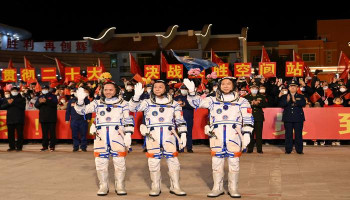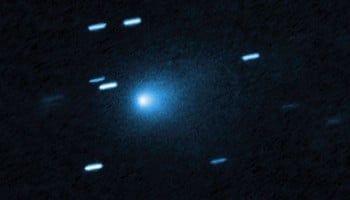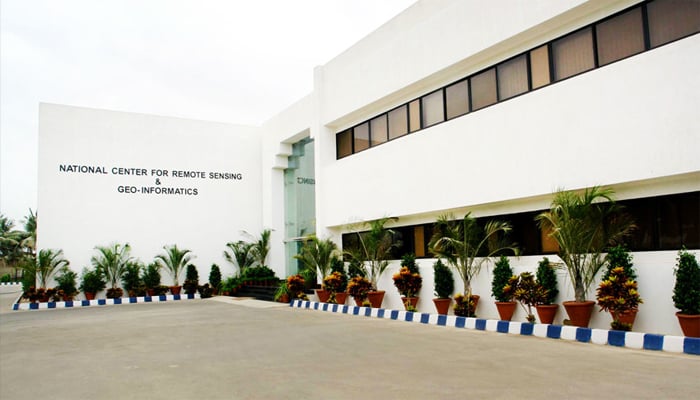
Pakistan’s Space & Upper Atmosphere Research Commission (SUPARCO), in partnership with the Inter-Islamic Network on Space Sciences and Technology (ISNET), has organised a five-day international training program on programming for Web GIS development using open-source technologies.
Notably, the training program brings together delegates from Iraq, Senegal, Libya, Türkiye, and Tunisia for a collaborative learning experience at the Space Research and Development Centre (SRDC).
The ceremony started with opening remarks from the ISNET administrator, followed by an introduction to the training objectives by the course resource person.
Speaking on behalf of all ISNET-sponsored participants, Dr Ammar Abd Jasim from Iraq expressed gratitude to ISNET for providing this unique platform to acquire practical expertise in Web GIS. Moreover, he lauded the excellent arrangements and warm hospitality extended to international participants in Lahore.
SUPARCO Chairman and ISNET President Muhmmad Yousuf Khan note that specialised training and human resource development are core to both SUPARCO's and ISNET's mission.
He highlighted that Web GIS, particularly through open-source technologies, is among the fastest-growing and most transformative tools of our time, with applications ranging from disaster management and climate change monitoring to agriculture, natural resource management, and urban planning.
To note, the training program has been designed as a hands-on course that blends lectures with practical workshops and project work. Over five days, participants will explore Web GIS concepts, spatial databases, OGC standards, GeoServer, web mapping using Leaflet, and a full-stack project integrating PostgreSQL, GeoServer, and Leaflet.
As a highlight of the training program, an online session titled “GeoServer 2.0: Leveraging Open Data, Cloud AI, and Machine Learning for Intelligent Earth Insights” will be delivered on September 24, 2025, by an international expert from Azerbaijan, adding depth and innovation to the training.







